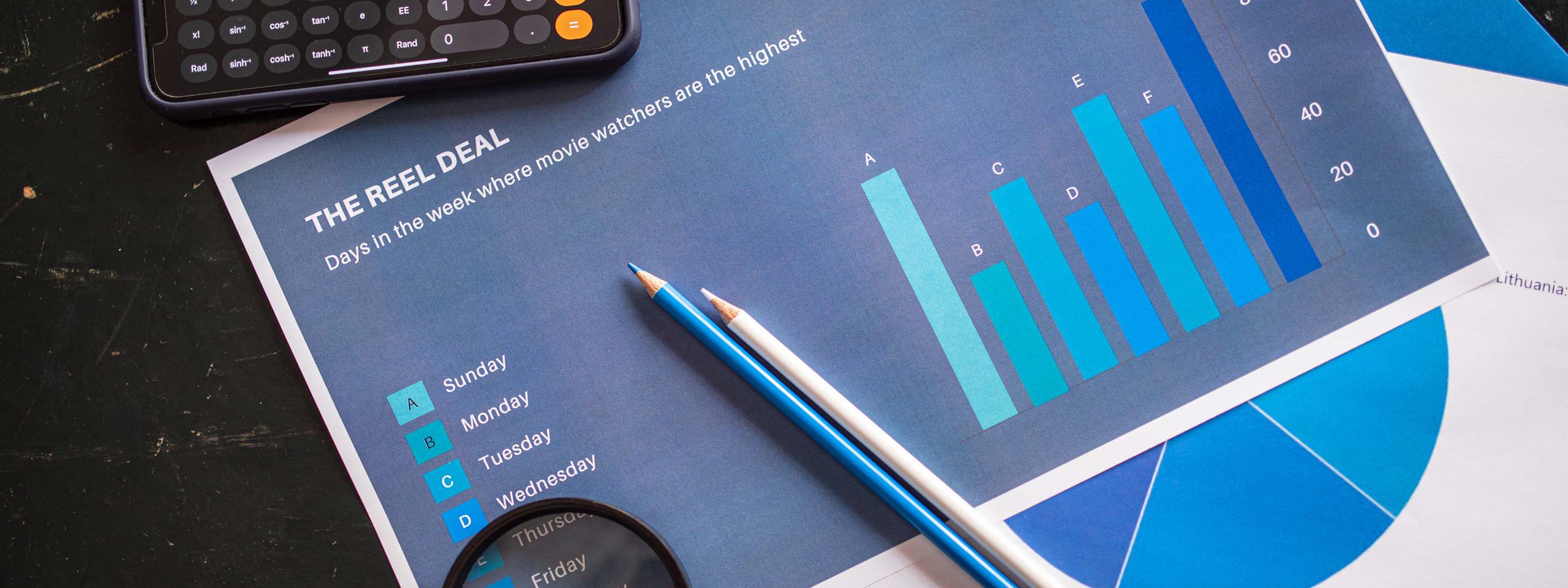Finance Directors Contribute So Much More Than Figures
A Finance Director’s role in a business, especially an SME, is so much more than a bean counter or a reviewer of financial figures. An experienced FD ought to be able to add value to the business in multiple ways, beyond the traditional number-crunching aspect.

We have focused on seven key skills that a good FD will be able to provide to a business looking to grow and develop:
1. Strategic advisor
The FD needs to be able to take an objective and common-sense view of the strategy that the company is employing to achieve its goals. For example, an FD does not have to be a sales guru to see that sales staff who previously sold complex solutions into insurance companies may struggle to sell the same into utilities, (as they will not understand the business drivers). It is a question of examining all the facets of the business and its past history and asking, “does this strategy sound realistic?” Of course, an FD should be able to support their views with logical arguments.
2. Sales & Operations knowledge
An FD needs to be able to add value to other areas of the business apart from Finance, which will probably be Sales and Operations in most companies. For example, you don’t need to be an Operations professional to point out that there may be better ways to optimise Ops staff. Having past experience of working with colleagues in Sales and Operations gives an FD a great advantage as they can speak from personal experience/best practice.
The Japanese have a word ‘kaizen’ which is continuous improvement, seeking small incremental improvements in processes. [Did you know, the British Olympic cycling team achieved their success via kaizen?] These improvements are not so much revolutionary as evolutionary. It is surprising how quickly these small changes add up to a significant impact upon the bottom line and FDs are in an excellent place to be able to identify these in the various business processes – and not just in the Accounts Department.
3. CEO’s right-hand person
An MD/CEO requires an impartial sounding board to discuss various matters such as staffing and strategy/tactics as well as someone who they trust to have the business’s best interests at heart. The person who should have the best oversight of the company is the FD who not only knows the numbers and trends inside out but has no particular axe to grind, beyond what is best for the company.
4. Financial skills
An FD needs to be able to do the basics, such as accurate cashflows & management accounts and keep up to date with the regular changes to accounting standards. An FD does not need to be a tax expert but should have sufficient knowledge so that they realise when additional knowledge is required, whether that is from their network, research or tax expert. Having said that, specific expertise such as ‘knowing the tricks of the trade’ regarding R&D tax claims will usually lead to higher claims for R&D.
5. IT, Facilities, Company Secretarial, ‘legals’ & HR skills
SMEs frequently seem to work on the basis that the MD, Sales and Operations Directors have clearly defined roles, so any tasks outside these areas fall, by default, to the FD. This requires the FD to manage multiple areas such as facilities and company secretarial effectively. Having IT issues or employment tribunals is not what the business requires and having a major contract go wrong and then finding that there are holes in the terms and conditions could prove fatal. An FD is not expected to be an expert in all these areas, but they should know enough to recognise when additional professional/expert input is required.
6. Communication skills
An FD needs to be able to communicate effectively with not only financial staff, but also non-financial staff; from directors down to junior staff. They need to be both persuasive and diplomatic. There will be times when an FD disagrees with another director or the MD and needs to be able to impart their message in such a way that it does not alienate the other individual, but will result in them changing what they currently do. This may take months, so patience is a useful attribute!
7. Experience
There seems to be a tendency in business to assume that anyone over 50 is counting the days until retirement and has no drive or energy. This may be true for some people, but the majority still have a lot to offer any company and remain motivated to help businesses grow. Of course, the ‘big plus’ older FDs bring is experience! An FD who has worked in business for 25+ years has probably seen many of the issues that SMEs encounter and knows what does and does not work. They will have worked with other directors and picked their brains for what works in their areas and have wide experience encompassing areas such as HR.
This list of key skills could be written as a person specification for your FD! We hope it shows that an FD is not just a number cruncher. An experienced FD is someone who has a holistic approach to your business and so should be involved in the commercial and strategic areas, using their knowledge of the financials and their experiences within other small businesses to shape their views all with the aim to improve the business performance.
FinanceHead members have the full sweet shop of skills above so you can pick and choose the skills that will help your business grow. To arrange a call with a potential finance director please contact us at info@financeheads.co.uk.
